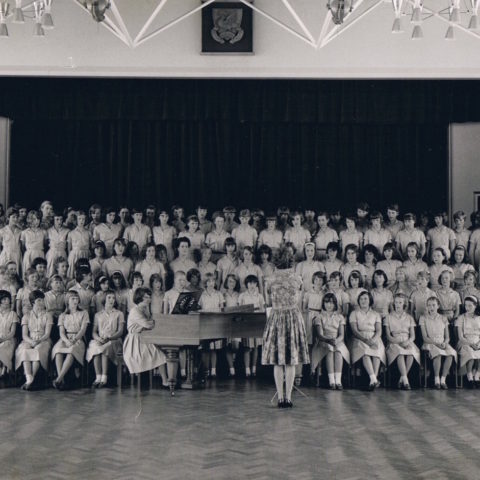This symposium paper outlines some strategies for researching gendered and transnational perspectives in history of education (Goodman 2015, 2017a, 2017b). The paper begins by deploying a gendered lens to discuss varieties of networked approaches to transnational circulation and to comment on personal, institutional, spatial and temporal aspects of cultural transfer (Goodman and Martin 2007). It then looks at more recent approaches to the circulation of people, educational ideas and practices drawing on assemblage theory (Tamboukou 2016), metaphors of meshwork and post humanist approaches . It will highlight some of the implications around movement and context that assemblage theory, meshwork metaphors and post-humanist approaches pose for researchers interested in transnational circulation (Ingold 2015, Sobe 2013, 2015). The paper will end by discussing how these more recent approaches have informed my research trajectories and future plans when researching historical aspects of women’s transnational engagement in education (Sobe & Kowalczyk 2013, Goodman 2019).
Joyce Goodman, Gender and Transnational Perspectives in the History of Education: Theoretical Frameworks and Research Methods, presented at the WERA Conference, Tokyo, 508 August 2019
Image: courtesy of Bryn Mawr Special Collections
